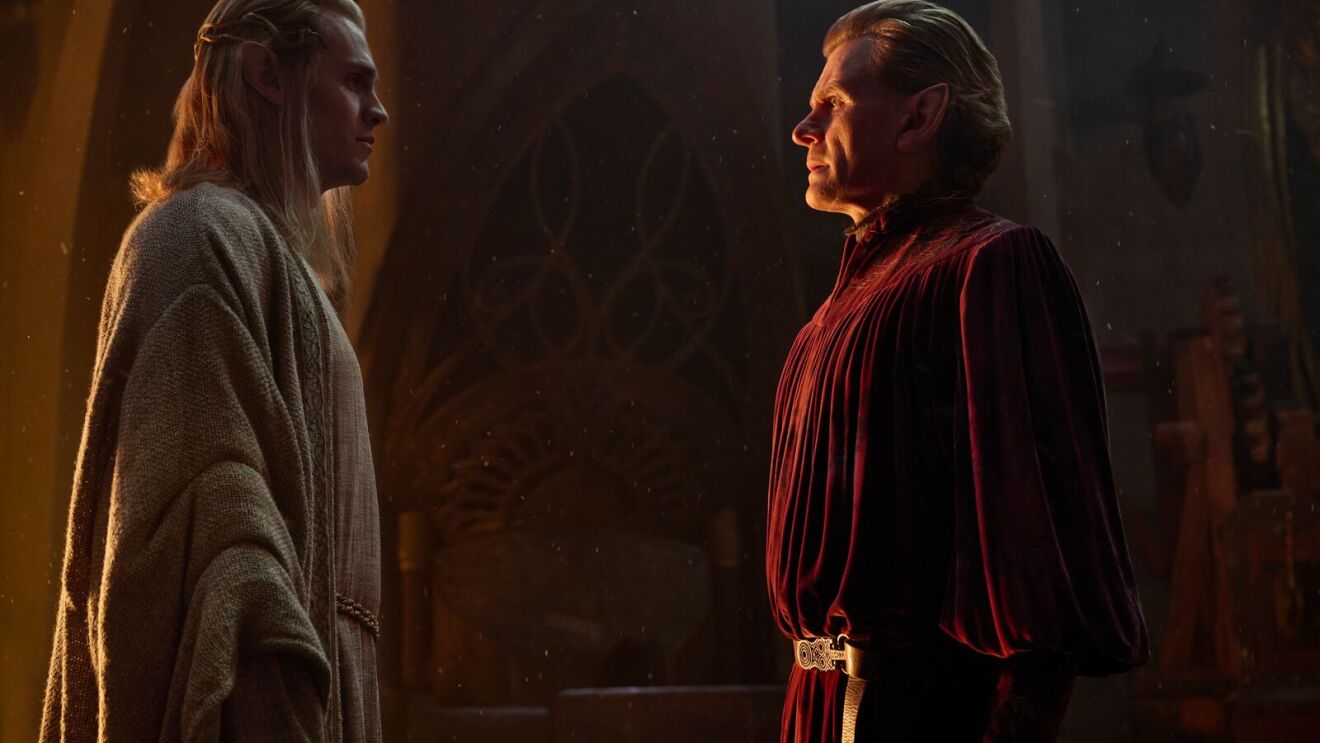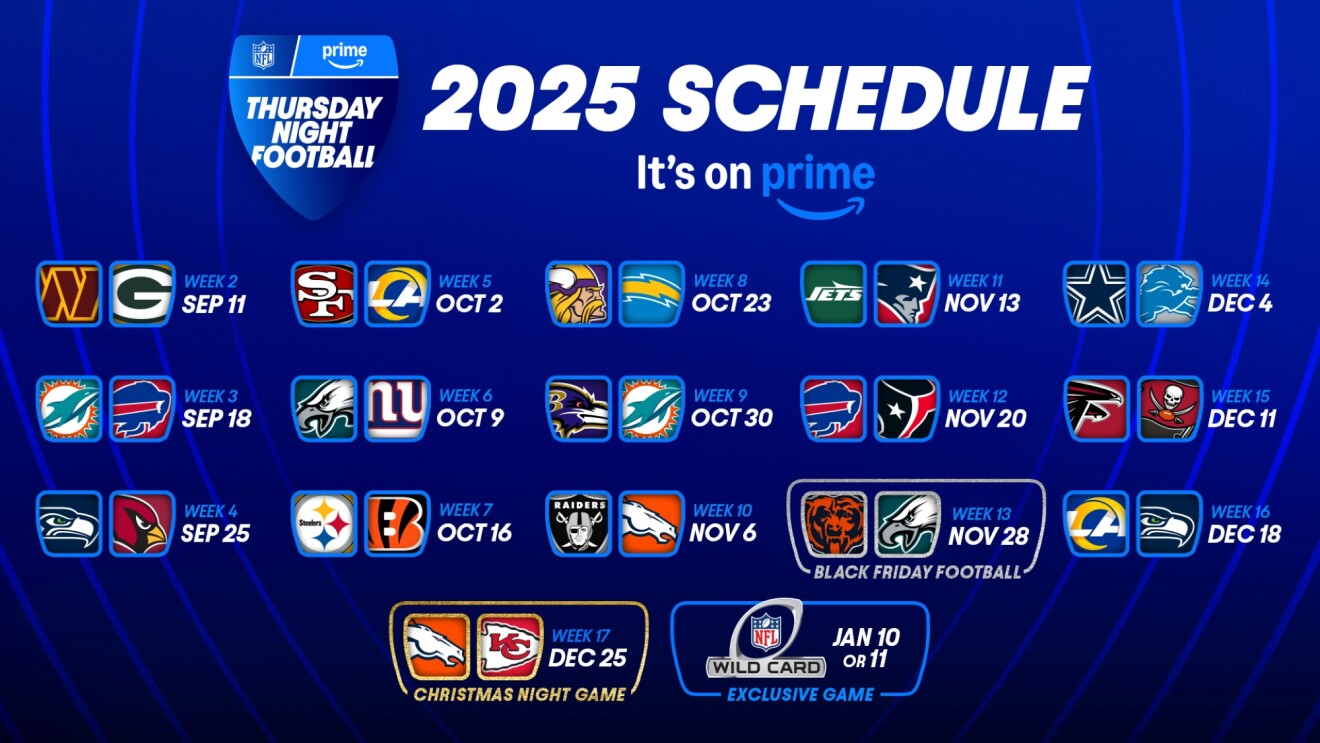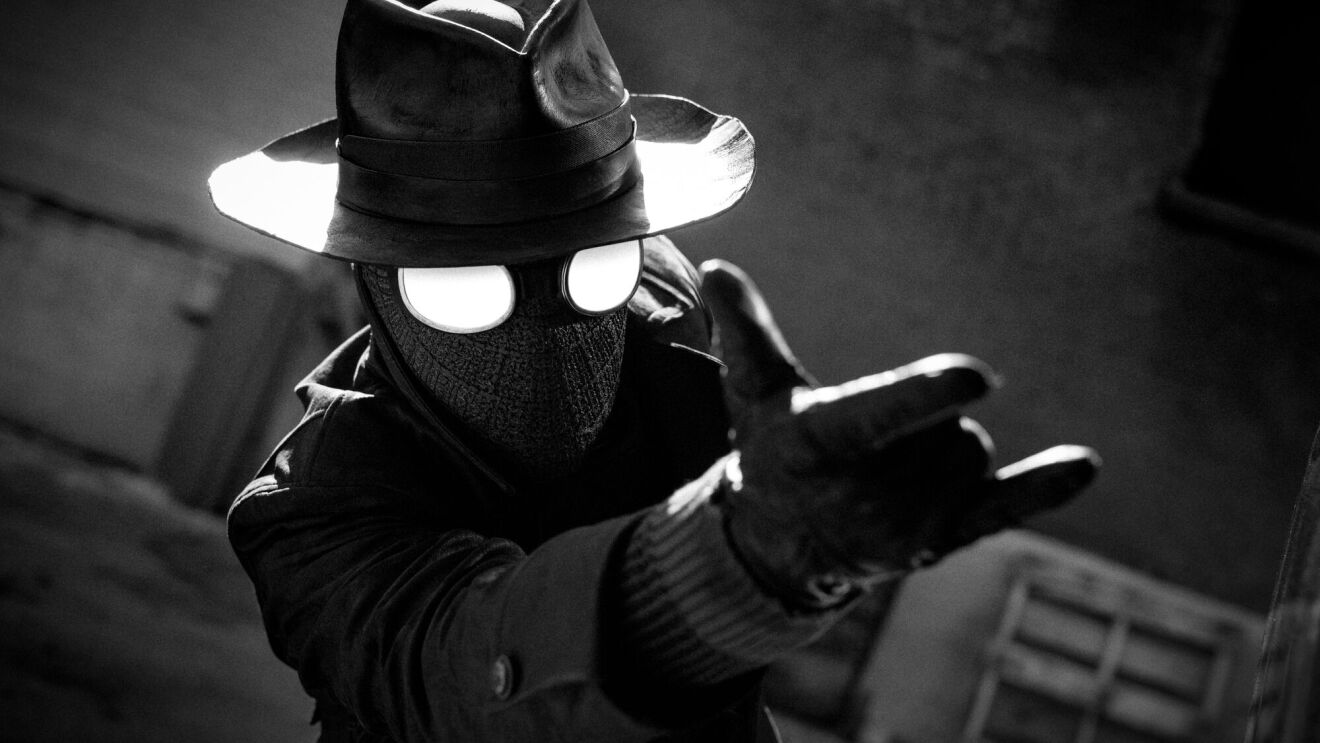The Lord of the Rings: The Rings of Power fans have likely already seen the first episodes of Season 2, but a chat with the show’s cast and creators sheds some light on how the most epic scenes were created, and how Tolkien’s worlds prove to be a never-ending well of inspiration for creativity.
We caught up with creators Patrick McKay and J.D. Payne and stars Charlie Vickers and Charles Edwards at the London premiere of the latest season on August 20, and they shared 3 things fans wouldn’t know about the making of Season 2 from watching the show.

1. The cast use lesser-known Tolkien sources for character research
The series has new characters, a new age, and a new legend set thousands of years before the events of The Hobbit and The Lord of the Rings books. It’s no surprise, then, that the cast poured over other Tolkien books and sources to capture their characters.
“There was a description Tolkien made of Celebrimbor that wasn’t found in The Silmarillion but was in another book called Unfinished Tales,” said Edwards. “He describes Celebrimbor as being secretly jealous, wanting to rival the fame and skill of his grandfather. To me, that was a real insight into his pride and his ambition, which isn’t immediately apparent if you read about him elsewhere.”
“Tolkien’s letters really have influenced my depiction of the character,” Vickers added. “Really finding the soul of what he wants; to heal and rehabilitate Middle-earth … and that’s the thing that I’ve clutched on to from most of my reading.”
2. Show creators introduced new landscapes and built even bigger sets for Season 2
From the darkest depths of Khazad-dûm to the majestic forests of the elf capital of Lindon, the places are as important as the characters in creating iconic scenes and epic drama—and Season 2 doesn’t disappoint in this regard.
“We’re going to some new places,” said showrunner McKay. “The Stranger is on a journey with his halfling friends East, off the Middle-earth map into the lands of Rhûn that have never been adapted to the screen before. We shot a lot of that material in the Canary Islands … vast desert volcanic rock environments that look like an alien landscape and hopefully that’s a really new flavor, you’ve never seen deserts in Middle-earth before.
“We built more in season two. One example is Khazad-dûm, which is the Dwarven kingdom. It's a massive, towering set that takes up an entire humongous stage, and it has tunnels and passages and bridges and corridors and a massive throne room and little rooms off those rooms, and, you know, it's like just a huge playground.”
3. You might not be able to tell what’s real and what’s CGI
Watching The Lord of the Rings: The Rings of Power instantly transports you into Tolkien’s world—so much so that viewers may find it hard to tell what’s real and what’s CGI thanks to a clever blend of practical and digital effects.
“We have a sequence that I have to call out in the fourth episode,” said McKay of a scene involving the Barrow-wights, creatures who have risen from their Barrows to threaten our heroes in the fourth episode.
“That was a huge marriage between old school practical and the latest visual effects, because we're working with contortionists who are moving in a certain way and prosthetic makeup by the incredible Barrie and Sarah Gower, who do all our prosthetics and costumes designed by Luca Mosca. But then there's an enormous amount of digital uplift happening later. So hopefully you never quite know where the rabbit is coming from.”
Showrunner Payne added: “We’re going back and forth between the digital and the practical world all the time.”
Where can I watch ‘The Lord of the Rings: The Rings of Power’?
The Lord of the Rings: The Rings of Power is available exclusively on Prime Video. If you’re a Prime member, log in to your account to watch on Prime Video, free with your membership. If you’re not a Prime Member yet, learn more about the benefits and find out how you can sign up.
Trending news and stories
- Amazon unveils 7 new robots powering faster, safer deliveries: Go inside our most innovative delivery station yet
- Introducing Vulcan: Amazon's first robot with a sense of touch
- This new AI tech will make sorting packages easier for Amazon's delivery station employees
- 15 photos from Project Kuiper's first launch of low Earth orbit satellites












